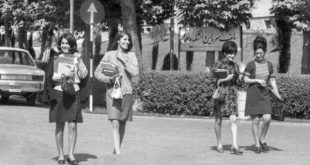Moments onstage flicker and vanish almost as soon as they appear—yet each must feel eternal to the audience. That is the paradox the actor embraces: to create something unforgettable out of something fleeting. Between acts, they pace quietly behind the curtain, listening for the rhythm of the audience—their breathing, their laughter, their anticipation. The actor learns that a crowd is not a collection of strangers but a single organism, responding, shifting, leaning in or pulling away. Reading that energy becomes as essential as knowing the script.
They prepare for this life long before stepping onto the stage. Voice and diction classes teach them how to carry emotion through sound. Movement training teaches them to carve space with their bodies. Text analysis teaches them to uncover meaning beneath every line. But the greatest lessons come from stepping into shoes that aren’t their own. A grieving parent. Someone else sits with eyes closed, slipping into character with slow, steady breaths. When the stage manager calls, “Places!” a transformation begins.


